Researcher Hae-Ra Han works to break barriers to equity and understanding from both sides of the equation
Written by Steve St. Angelo | Photo by Chris Hartlove
Just because you speak English in this nation, that does not mean you necessarily speak health care. And simply because you are a highly educated, English-speaking provider, it doesn’t necessarily mean you are making any sense when you talk health care—even to your English-speaking patients.
Add unconscious bias, socioeconomic status, an almost unimaginably dense health care system. And OK, why not go ahead and throw in a language barrier, stigmas around narcotics use or jail time, and inequities/disparities that form the basis of all these layers of separation from our patients?
Now we’re talking, says Professor Hae-Ra Han, PhD, MSN, RN, FAAN, who in July will become the Elsie M. Lawler Endowed Chair and assume the role of associate dean for community programs and initiatives at the Johns Hopkins School of Nursing (JHSON). To Han, health literacy is not merely an essential avenue to improved health care for immigrant, minority, aging, impoverished, or otherwise at-risk populations. It is a two-way street.
I have been struck by all of these not-so-optimal health interactions that are so common among minority patients…”
“The type of language we as providers use in the health care setting is quite different. We think we are being precise in our explanations.” But for reasons that are cultural, educational, or merely experiential, patients can nonetheless walk away dumbfounded. “I have been struck by all of these not-so-optimal health interactions that are so common among minority patients, before you even bring in the language barrier.”
Han grew up in South Korea, which provides its citizens with access to nationalized health care. Later, while she earned a doctorate in the U.S. (doing postdoctoral work at JHSON), she was lucky enough not to need much medical care. So her “Oh my god/A-ha!” moment didn’t come until she started a family here. “I had my first close encounters with the U.S. health care system,” she remembers. “It is so confusing. All the separate appointments, keeping them straight. The bills just coming in from everywhere. The prescriptions … it is very intimidating.”
And this for a freshly minted PhD, not someone with limited education or access.
Han offers a South Korean comparison: “My daughter was doing exercises, and afterward she felt some pain in her leg. We happened to be visiting family in South Korea. So I took her to a nearby doctor, an orthopedic specialist. He examined her, and the X-ray room was right next door. The whole thing took 10 or 15 minutes. Can you imagine?”
Here in the U.S., the injury most likely would have meant a trip to a primary care physician, who would see the patient and only then put the rest of care into motion, however long it took. Longer, of course, for those struggling to understand or even afford care. “When the health care system presents itself as such an intimidating, ominous presence, you don’t want to go see the doctor anymore. Of course, for people with chronic illness, this is not acceptable. You must be in this system for the rest of your life.”
This is where Han’s fight begins, turning an impasse into a gateway: “Health literacy and promotion are essential not just among patients but among health care providers as well.” Her focus is steeled not by her own experiences alone but those of the communities she serves: chronic care for low-income patients and families living with diabetes, hypertension, and cancer, women living with HIV, and most recently, families struggling to recognize and treat early symptoms of dementia.
“It keeps me awake at night. ‘What more can I do?’”
Her plan is to keep finding that out as Elsie M. Lawler Chair. “First of all, I am proud for the personal recognition,” Han says, “and the money associated with that will allow for additional research activity. Dr. Phyllis Sharps [who retires this spring] has done so much work in the community. I am excited to take over the mission, which is really promoting community health, particularly in East Baltimore.”
She appreciates that she does not walk alone. “I am so impressed with my amazing colleagues across the divisions of Johns Hopkins, but also at the dedication to health equity and promotion of health literacy among our community organizational leaders. … I look forward to leveraging my position to promote further collaboration and begin new community projects. This is my love, working in community health and public health.”
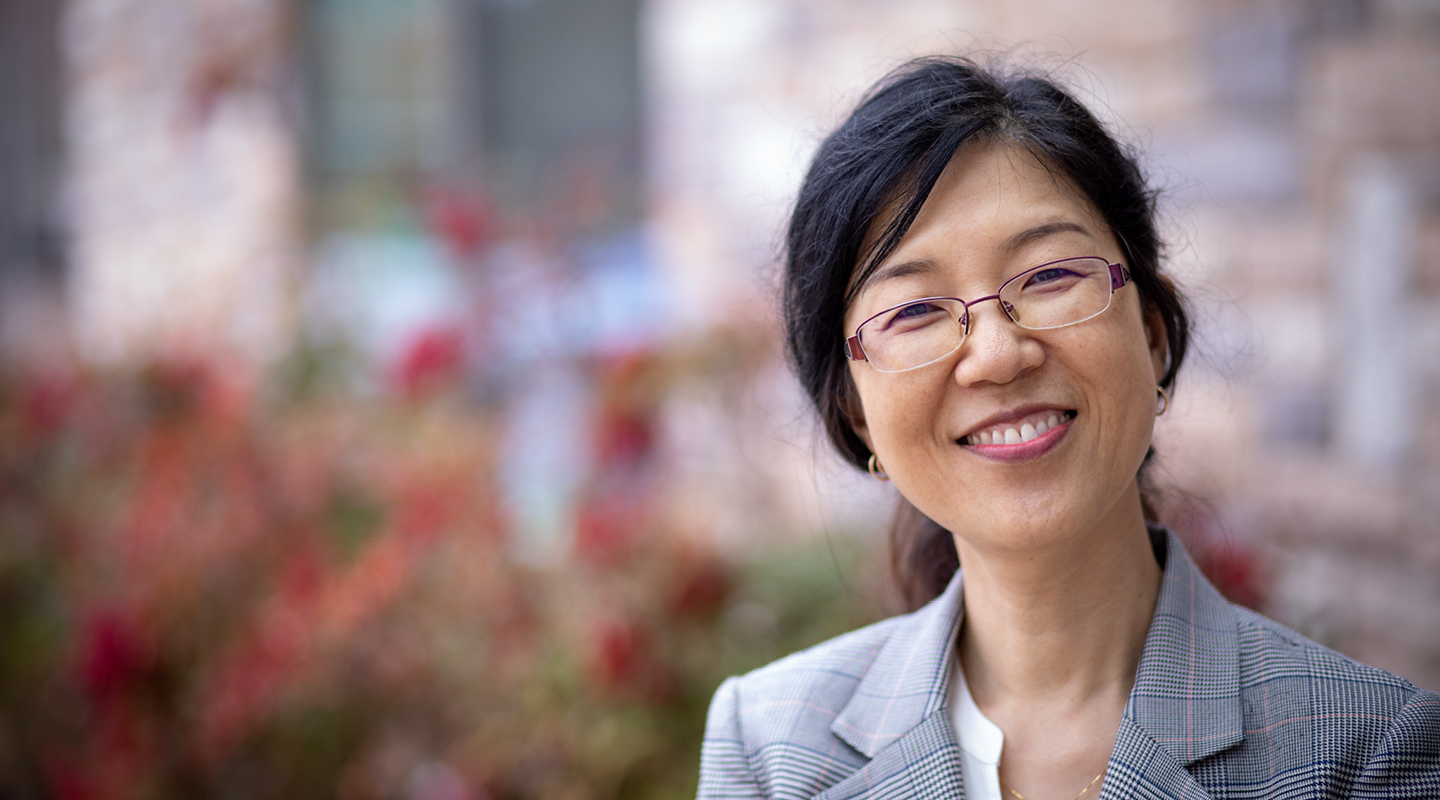
 Forging Policy: How Can Doulas Improve Black Maternal Health?
Forging Policy: How Can Doulas Improve Black Maternal Health?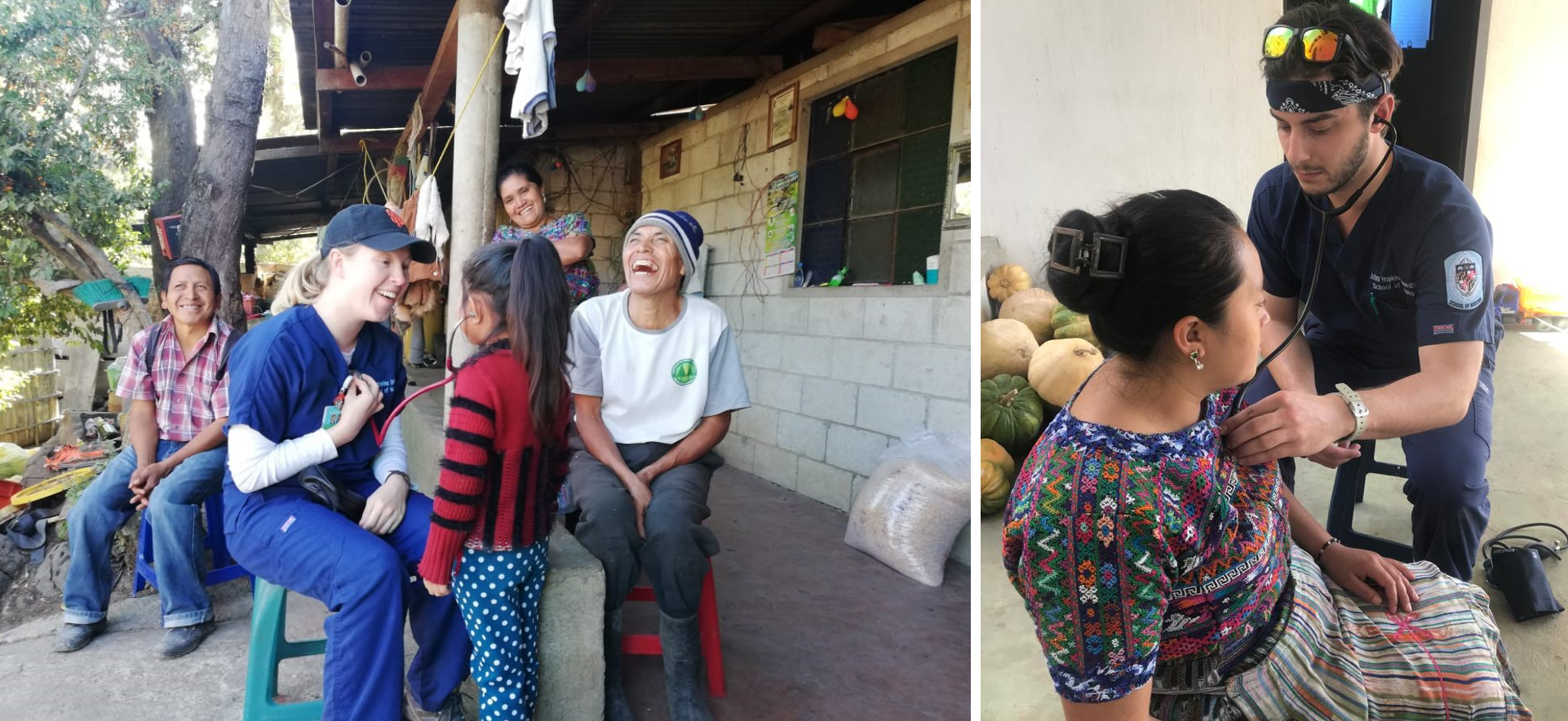 Guatemala Re-visited: Rainwater Project Shows Value of Service-learning Trips
Guatemala Re-visited: Rainwater Project Shows Value of Service-learning Trips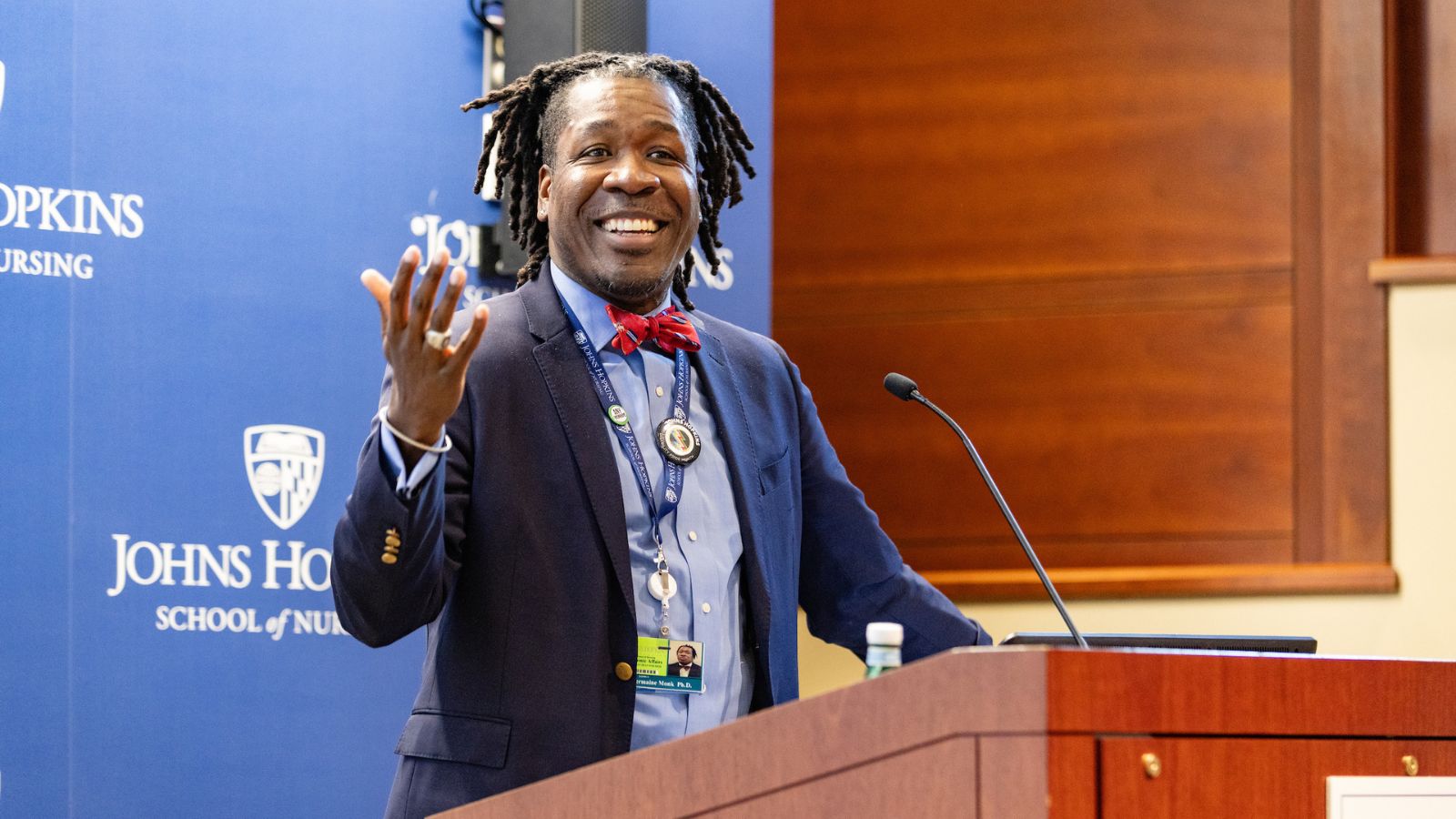 Forging Policy: Associate Dean Jermaine Monk and Education After Affirmative Action
Forging Policy: Associate Dean Jermaine Monk and Education After Affirmative Action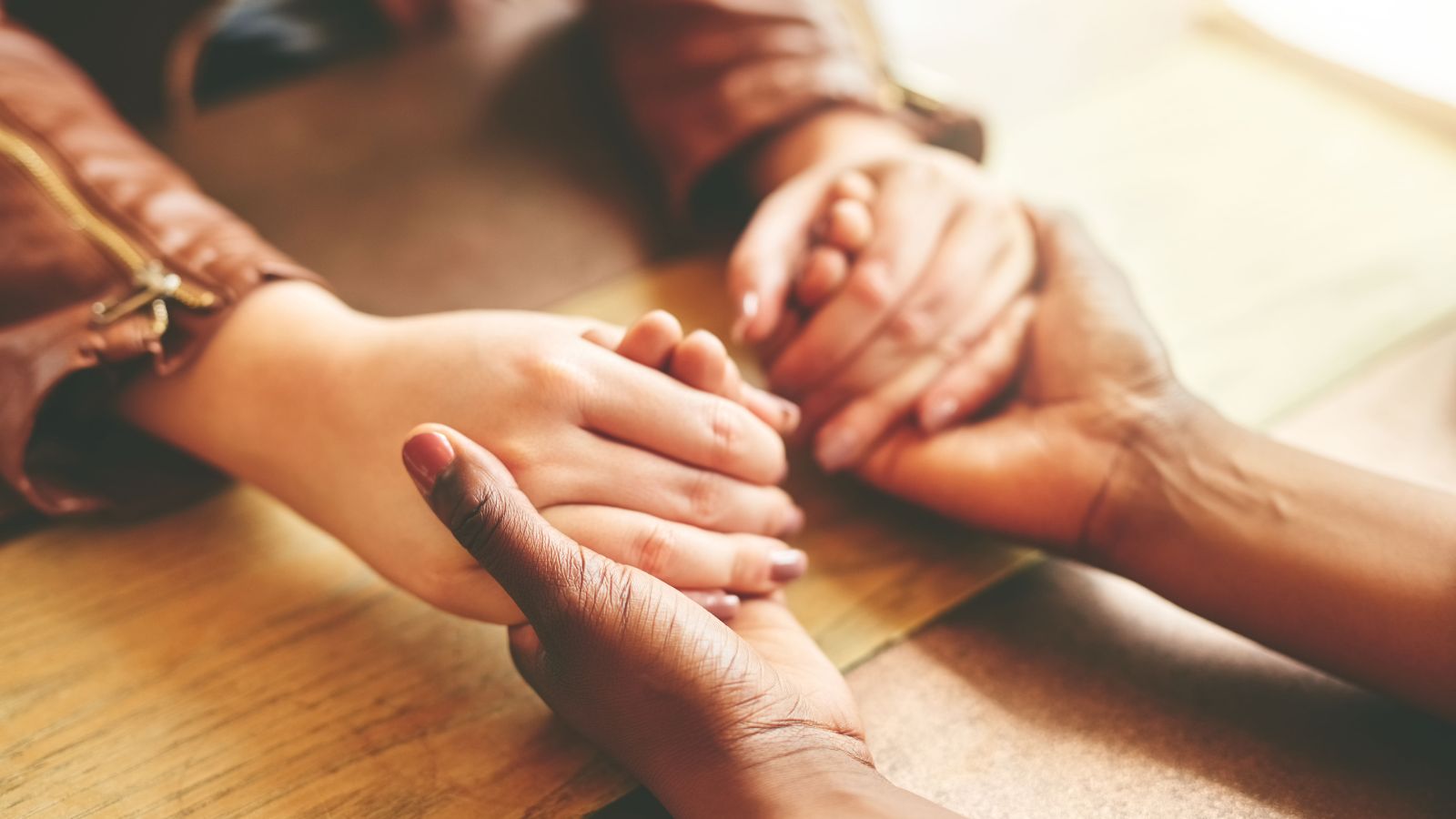 My First Teachers in Nursing School Weren’t Nurses
My First Teachers in Nursing School Weren’t Nurses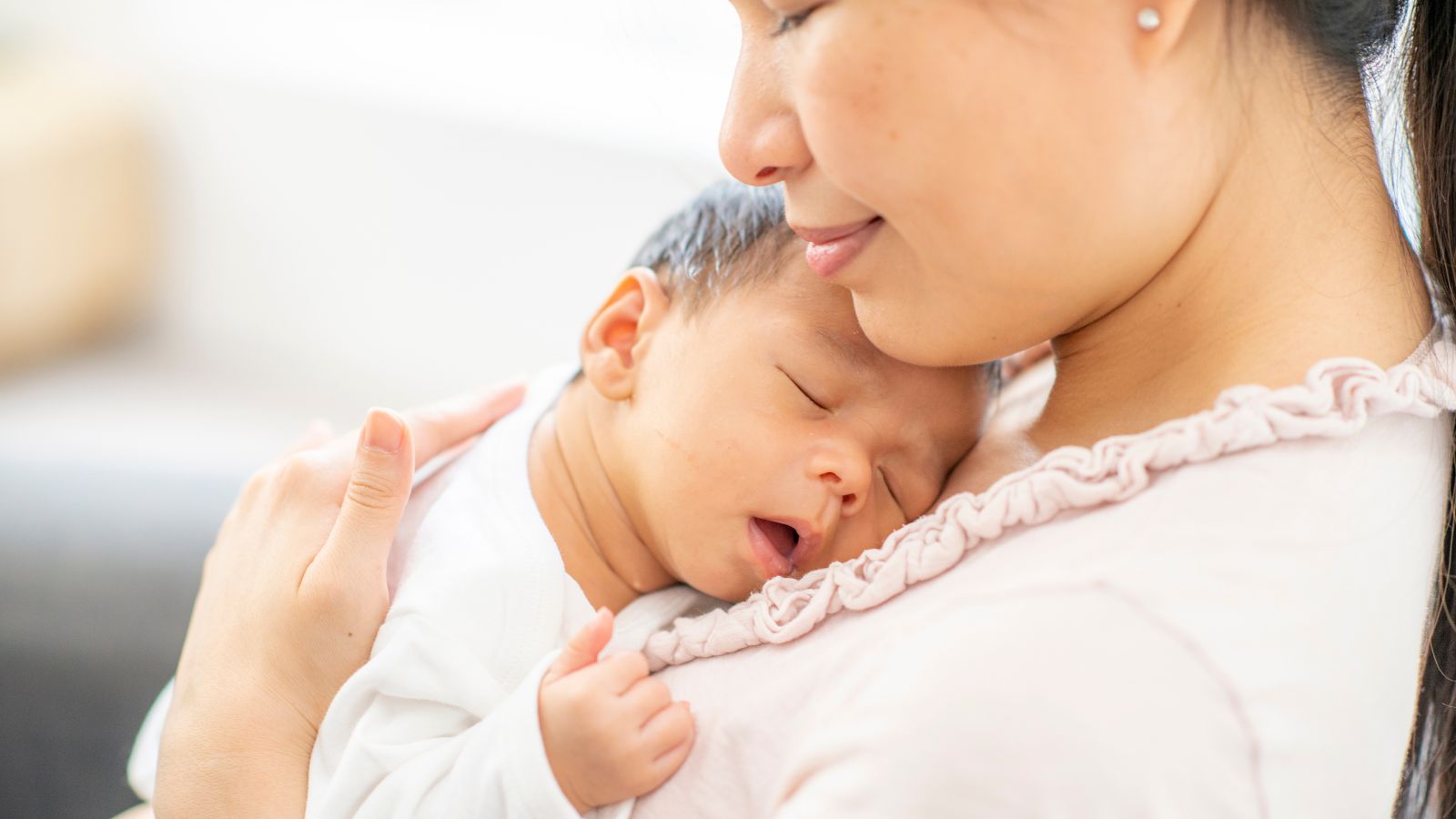 Most People Want to Breastfeed, But Need More Support To Do So
Most People Want to Breastfeed, But Need More Support To Do So






